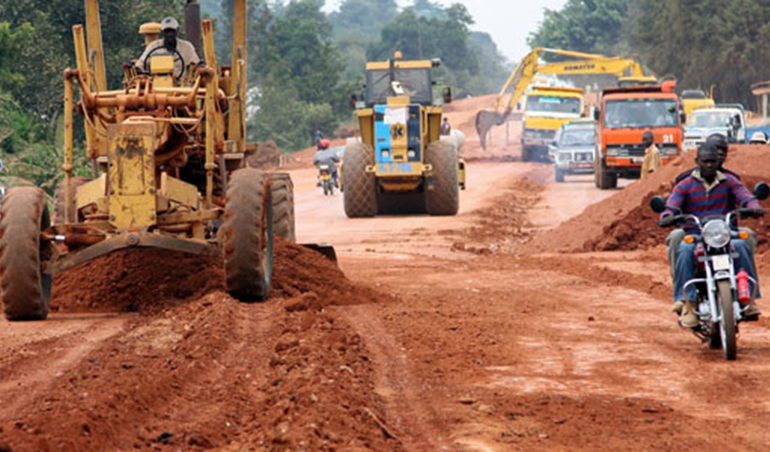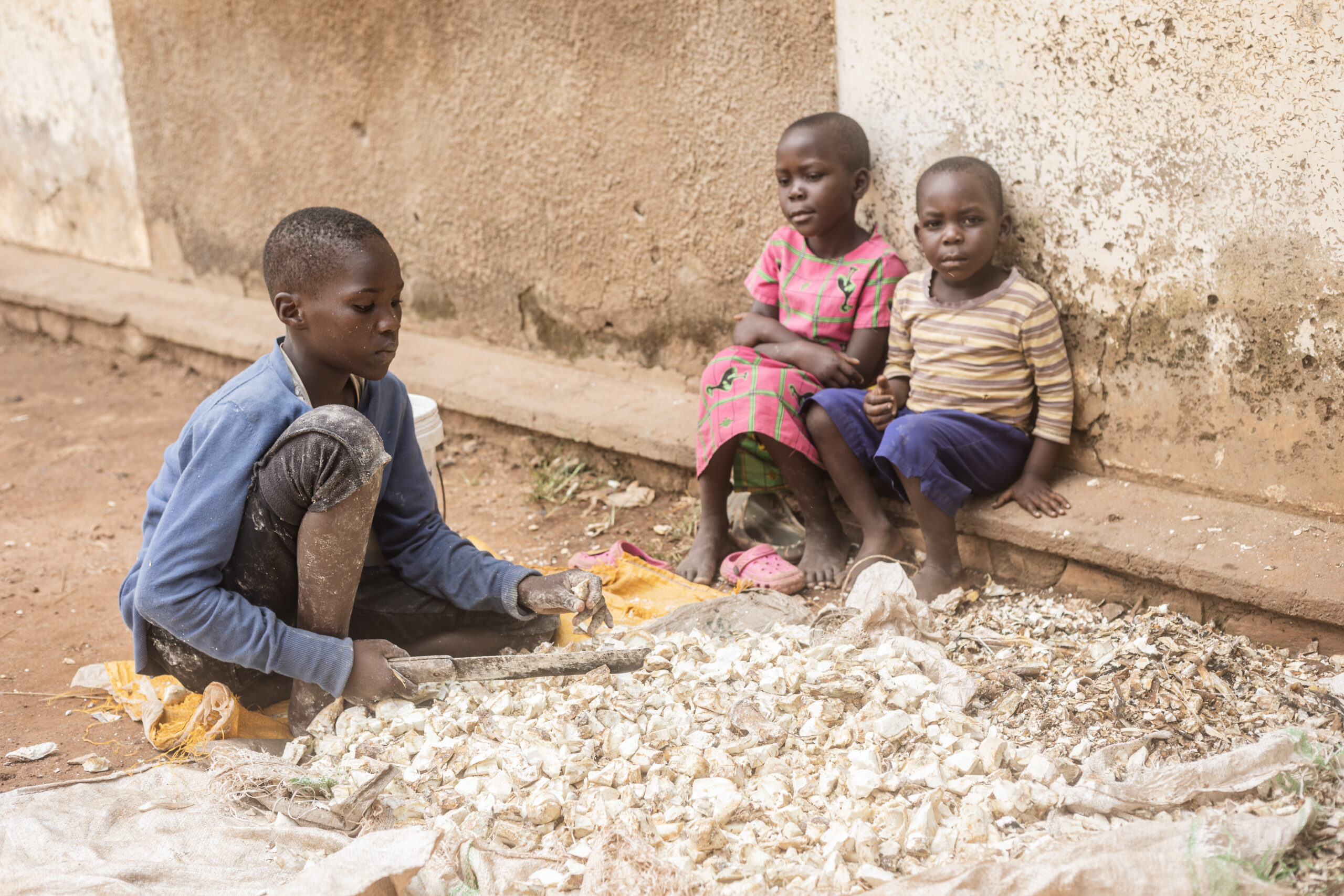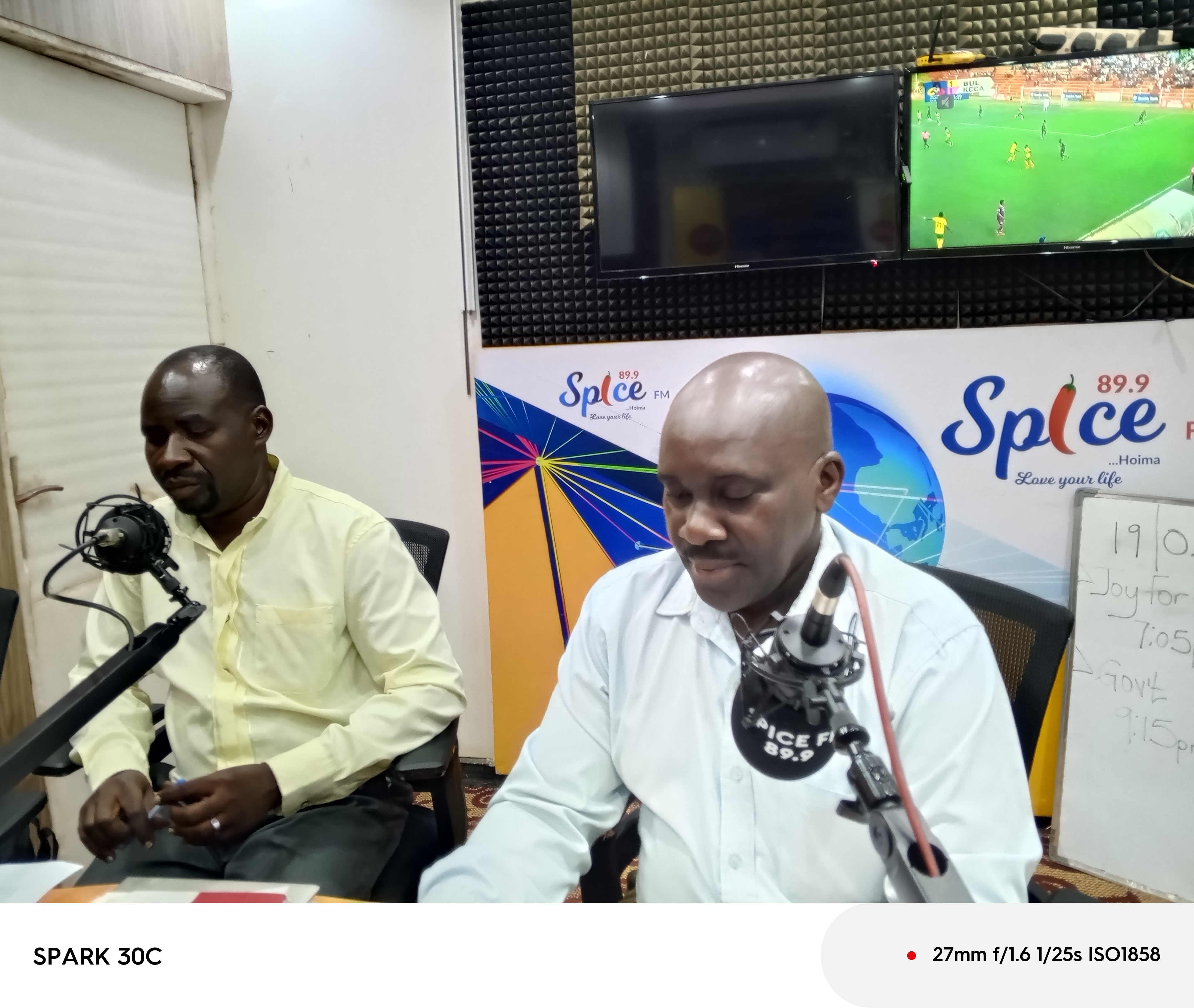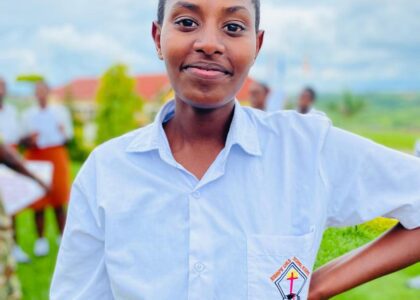Over the course of two years, Joy for Children has acted as a key instrument in raising to the World Bank serious human rights and social issues, including sexual violence and threats to girls and women, that were occurring during the construction of a World Bank financed project, the Fort Portal to Kamwenge Road Construction.
WORLD BANK REPORT ON UGANDA TRANSPORT SECTOR DEVELOPMENT PROJECT
On December 21, 2015, the World Bank Group President Jim Yong Kim announced the cancellation of funding to the Uganda Transport Sector Development Project (TSDP) because the project was not being carried out in accordance with appropriate and agreed social and environmental standards. These concerns were related to workers’ issues, noncompliance with social and environmental requirements, poor project performance, and serious allegations of sexual misconduct by contractors’ workers. The affected communities were located along the Kamwenge to Fort Portal Road – a civil works project component in western Uganda financed under the TSDP.
Background:
- After road works commenced under the project on August 1, 2013, World Bank supervision missions repeatedly found instances of non-compliance with a number of environmental and social requirements particularly concerning land acquisition and various physical impacts of construction – and alerted the implementing agency, the Uganda National Roads Authority (UNRA), that they required remediation. After multiple reviews, a lack of progress with corrective actions, and concerns about allegations of sexual misconduct by contracted road workers, the Bank suspended financing to the project on October 22, 2015.
- Concerns related to sexual misconduct of contracted road workers under the project were first brought to the Bank’s attention in a letter of complaint from a community in December 2014. Subsequent World Bank missions to the project site to review the issues raised, working closely with the government agencies concerned, specialized social development consultants and a local civil society organization, provided more insight into the complaints. The Bank concluded that there was credible evidence of project road workers engaging in sexual misconduct with minors. The World Bank alerted the Government and UNRA, urging the involvement of law enforcement and child protection agencies.
- On September 28, 2015, a request for Inspection regarding the TSDP was registered by the Inspection Panel – the independent accountability mechanism for people and communities who believe that they have been, or are likely to be, adversely affected by a World Bank-funded project. The request concerned complaints from the Bigodi and Nyabubale-Nkingo communities, located along the Kamwenge to Fort Portal Road.
- World Bank Management reviewed the request and concluded that the Bank and the Government of Uganda failed to take sufficient measures to mitigate against the identified risks, and to take action in a timely manner after serious issues were brought to their attention.
- On December 17, after further review, and after the Government of Uganda and the government contractor failed to take corrective steps, Bank management informed the World Bank Board that it was cancelling the project effective December 21, 2015.
- On January 29, 2016, the Bank’s Board approved the Inspection Panel’s eligibility report and recommendation of an investigation into the full range of allegations.
- On August 4, 2016, the Inspection Panel delivered to the World Bank Board its investigation report on the TSDP. President Kim issued a statement in which he renewed the Bank’s commitment to address the failings of the project and announced the creation of a Global Gender-Based Violence Task Force to advise the institution on best practices for reducing risks to community safety in connection with the Bank’s development projects.
- In line with the Inspection Panel process, World Bank management is preparing a response to this investigation, which it will present to the Board this fall. According to normal procedure, both the report and the response will be publicly disclosed following the Board meeting.
What actions is the World Bank taking while the Inspection Panel process takes place?
Because of the serious nature of the allegations, Bank management has been taking action on the project even while the Inspection Panel process is ongoing. Along with cancelling financing for the Transport Sector Development Project, on December 28, 2015 the Bank suspended the civil works components of two other projects implemented by the UNRA: the North Eastern Road Corridor Asset Management Project (NERAMP), and the Albertine Region Sustainable Development Project. In a related action, on August 22, 2016 Bank took a decision to withhold new lending to Ugandawhile reviewing the country’s portfolio in consultation with the Government of Uganda to address the outstanding performance issues, including delays in project effectiveness, weaknesses in safeguards monitoring and enforcement, and low disbursement.
The World Bank is also:
- Working with the Government of Uganda to support the affected communities, address the needs of children at risk, and help ensure that people are protected from retaliation.
- Supporting Uganda’s efforts to develop and implement an Emergency Child Protection Response Program which is helping strengthen community structures to better address the needs of children at risk in the affected communities.
Update, September 12, 2016:
- We have strengthened our team on the ground in Uganda – including by adding a social expert with extensive experience in addressing sexual and gender-based violence issues.
- In partnership with the Government and civil society organizations, the Bank is implementing the Emergency Child Protection Response Program to provide support to survivors of sexual abuse, measures aimed at preventing further abuse of minors and strengthening institutional structures for child protection in the affected areas.
- As part of this program, our partners on the ground in Kamwenge and Kabarole districts have offered affected women and girls psychosocial support, legal redress, medical care for girls, mothers and babies, financial support, and reintegration into school or vocational training. Increasing numbers are taking up this assistance, which is available to all survivors of sexual abuse, regardless of whether the perpetrators are road workers or not.
- We have also engaged BRAC Uganda, a well-regarded NGO that specializes in community and youth health and empowerment, to work directly with the survivors of sexual abuse and reach out to the broader community to protect girls from threats of sexual violence. Psycho-social support services are being provided by TPO, who have been sub-contracted by BRAC Uganda.
- Through engagement with district leaders, community awareness of the threats facing children has increased. District leaders have used public gatherings and free air time on radio to raise child protection issues and encourage community members to report child abuse to the police. Road workers have taken part in group discussions, with the involvement of law enforcement authorities, on child protection and HIV/AIDS prevention.
- We have also mobilized $1 million through the World Bank’s Rapid Social Response (RSR) Program to support the implementation of the ECPR and to scale up and sustain the program for the wider road sub-sector in Uganda.
- Financing from RSR will also support UNRA and the Ministry of Gender, Labor and Social Development to strengthen their Grievance Redress Mechanisms, with special focus on improved targeting of child survivors and populations at risk of sexual and gender-based violence.
- We have raised concerns about potential retaliation against community members who make complaints to the police or the World Bank about sexual and gender-based violence. In support of this, the Ministry of Finance and UNRA have issued strong statements to the media against retaliation and, at the district level, messages against retaliation have been broadcast on radio talk shows and reinforced at public gatherings.
- We have consistently urged that all allegations of sexual misconduct be investigated and prosecuted. According to the Ugandan authorities, three cases have been successfully prosecuted to date and in at least one case, the perpetrator has been sentenced to four years in jail. Further cases are under active investigation.
- We are also working with the Government, under our newly agreed Uganda Country Partnership Framework, on a program to reduce the risks of sexual violence, including those associated with the influx of workers into local communities for infrastructure projects
- The Government of Uganda is also making headway in its commitment to address Gender-based violence. In August 2016, the Ugandan cabinet approved the National Policy and Action Plan on the Elimination of Gender-Based Violence.
- Strengthening UNRA’s capacity to adhere to internationally accepted environmental and social standards.
Update, September 12, 2016:
- We have been contributing to UNRA’s ongoing institutional reform process through technical assistance for the development of an Environmental and Social Management System, an improved Land Acquisition Management System, and a Community Engagement Strategy and Work Plan, including the Grievance Redress Mechanisms mentioned before, with a special focus on improved targeting of child survivors and populations at risk of Gender-Based Violence.
- We have supported UNRA in developing a comprehensive communications and citizen engagement strategy and work plan.
- UNRA has recruited new environmental and social specialists who will support the Authority to implement all their projects, including those financed by the World Bank.
- Ensuring that the Government completes its commitments in the project’s Financing Agreement with the World Bank for compensation for land acquisition.
Update, September 12, 2016:
- Of the people identified for compensation for land acquisition as a result of the project, 15% have yet to receive compensation payments as of August 12, 2016. UNRA is in the process of verifying and resolving these outstanding cases.
- Reviewing the World Bank’s entire Uganda portfolio to identify project-specific or system-wide issues related to noncompliance of environmental and social safeguards with the goal of proposing measures to address these issues.
- Developing guidelines for World Bank staff based on a global review of international best practice approaches to protecting communities from sensitive impacts related to an influx of workers during project construction phases.
Commissioning a review of lessons learned from the Project, focusing specifically on weaknesses in Bank supervision with the goal of facilitating staff training and developing guidance for supervision of projects with a similar risk profile.






